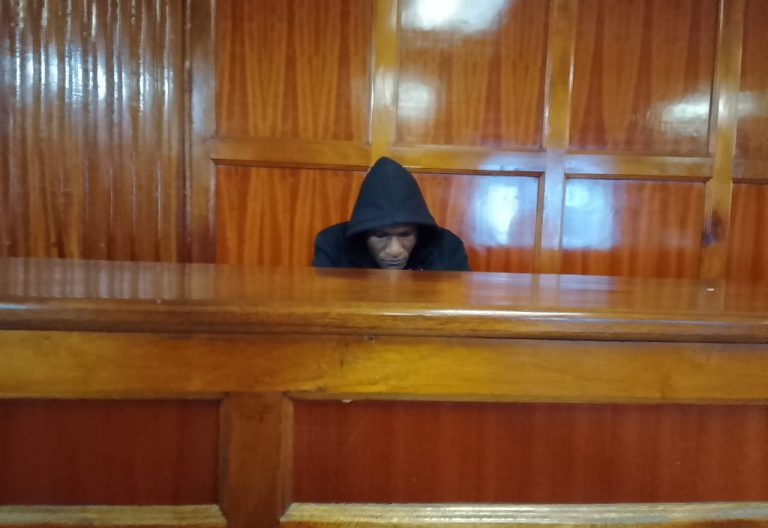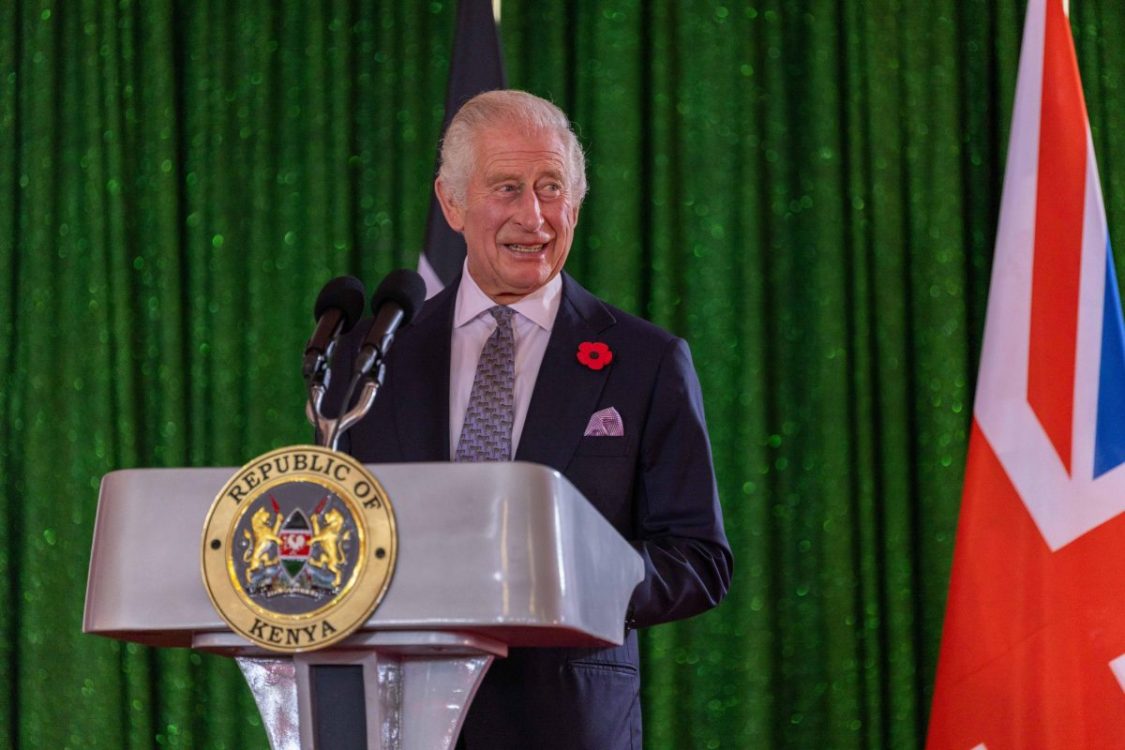King Charles’ visit and UK unfinished business
By Stephen.Ndegwa, November 2, 2023Head of the British monarchy, King Charles III, is in the country for a four-day visit. It is a bitter sweet moment for the king, whose mother, the late Queen Elizabeth II, ascended to the throne aged 25 years old during a visit to Kenya in February 1952, following the death of his father King George VI.
This is King Charles’ fourth official visit to Kenya, but this time as King, accompanied by his wife Queen Camilla. As a member of the Commonwealth, Kenya is an important partner for Britain in Africa. Both countries have had long running military, economic and cultural co-operation since Kenya’s independence in 1963.
In 2016 there was an estimated 160,000 Kenyans in the UK, while 25,000 British nationals were residing in Kenya. The top five goods exported from UK to Kenya in the last quarters include cars, mechanical power generators, medicinal and pharmaceutical products, manufactured goods and refined oil.
The UK imported crude animal and vegetable materials, vegetables and fruits, coffee, tea, cocoa and other beverages, intermediate mechanical power generators, and other miscellaneous manufactured products.
The UK has for long been a major influence in the country’s socioeconomic and political development. For decades, British companies have dominated the corporate scene, from manufacturing and investment, to trade and horticulture.
The European country has been a major source of our Foreign Direct Investment.
But underneath this veneer of amiable relations lies deep-seated issues that have been swept under the carpet for decades to avoid direct confrontation between the two partners. For instance, during the emergency crisis in Kenya from 1952 to 1960 that was declared by then Prime Minister Winston Churchill, British soldiers literally brutalised innocent Kenyans while fighting the revolt by the “Mau Mau” freedom fighters, which it had branded as terrorists.
This period was given the dubious distinction as the British Army’s bloodiest post-war conflicts by UK’s National Army Museum. At least 10,000 Kenyans were murdered, and thousands more tortured and sexually abused.
A couple of groups comprising former freedom fighters have taken the British Government to court in the UK seeking reparations for the physical and emotional scars.
In the run up to his visit, calls have intensified for King Charles to offer an apology, and not just lip service, for Britain’s colonial-era atrocities. But even today it looks like Britain still sees Kenya as the “Happy Valley” – the title of a book that depicts colonial debauchery in the Kenyan highlands between the 1920s and 1940s.
In a case reminiscent of “White Mischief” – another book that narrates the decadence, deception, and murder among British aristocrats in colonial Kenya – the British Government has been accused of covering up the murder of a 21-year-old woman who died in the hands of British soldiers during a night out in Nanyuki town, a center for training British soldiers since independence.
The case has created diplomatic tension between the two countries, with the British Government accused by the woman’s family of using delaying tactics in taking the already identified soldier to court to face murder charges. This will definitely be one of the tense moments when King Charles faces the press during his visit.
But the British have also cried. The unresolved murder of 28-year-old British citizen Julie Ward in the Masai Mara Game Reserve seems to be lost forever after the death of the woman’s father, hotelier John Ward, in September 2021. Ward spent two million pounds and made more than 100 trips to Kenya in an attempt to help nail the killers, and identify the motive of his daughter’s murder.
King Charles should not lose this opportunity to not only make an equivocal apology for the atrocities and ills of Britain’s colonial government, but also make good his country’s mea culpa.
— The writer is a PhD candidate in International Relations
More Articles

